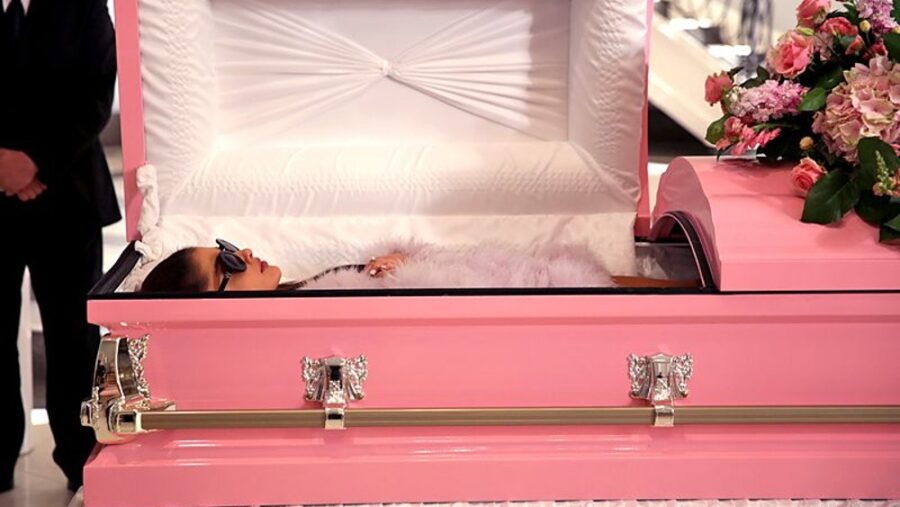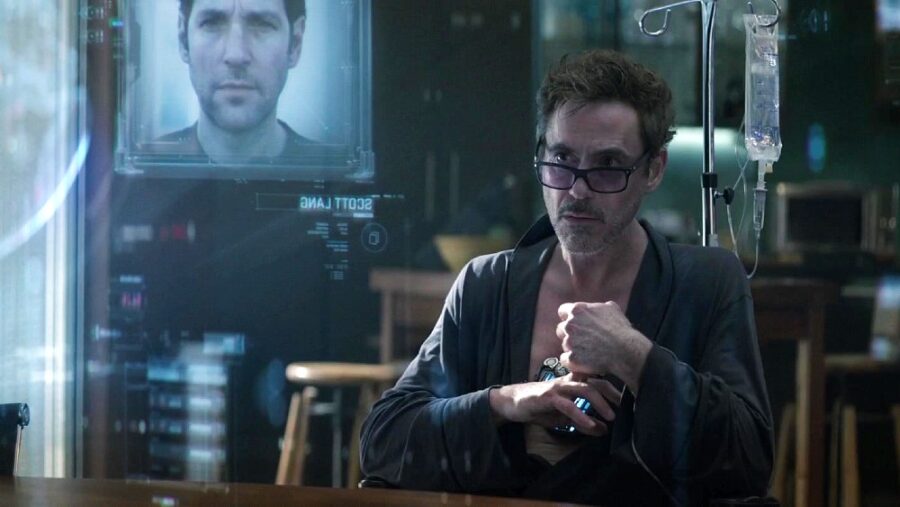Movies Aren’t Making You Fear Death Enough, Activists Push To Make It Worse

Despite droves of feature films portraying horrifying death sequences for decades, medical health professionals have taken it upon themselves to make death more fear-inducing on camera. This news comes courtesy of a nonprofit called End Well, headed by doctors who seek to shift Americans’ relationship with death and discussions surrounding the inevitable conclusion of our journey here on Earth.
Dr. Shoshana Ungerleider founded the organization after witnessing one too many unrealistic depictions of characters drawing their final breath on medical dramas, which she claims has an unhealthy impact on audiences.
Certain medical tropes, like CPR being used as a miracle cure to revive the dead, have a tangible real-world impact that is actively harmful to viewers.
Views of death are often formed by consumed media, meaning avid viewers of medical dramas such as Grey’s Anatomy may have certain expectations when family members of their own fall ill. According to researchers like Ungerleider, the now cliched portrayal of flat-lining in a hospital bed establishes a negative precedent that fails to address the experience most individuals have with death in their actual lives.
This extends beyond death scenes depicted in media as well, as the prolonged grieving process is rarely shown on screen unless it serves as a minor catalyst to a larger plot point. Death and grieving are a part of life for everyone.
If your only experience and understanding of finality comes from media that promises a family member the opportunity to peacefully say goodbye and pass along final parting wisdom in a hospital bed before drawing their final breath, you may be in for a rude awakening when it comes time to bury a parent or grandparent.
According to linguistic studies of television and film, writers are exponentially more likely to pen terms like “kill” or “murder” in their scripts than more common terms like “chronic condition” or “hospice.”
Certain medical tropes, like CPR being used as a miracle cure to revive the dead, have a tangible real-world impact that is actively harmful to viewers. These tropes create unrealistic expectations of what doctors and medical responders are capable of accomplishing at the scene of an emergency.
Often in showbiz, patients and their families are depicted as demanding aggressive and expensive medical procedures as a last-ditch effort when their energy would be better spent preparing their final goodbyes. In general, death is uniquely ignored and swept under the rug in American society, especially when compared to other nations such as Mexico.
This discrepancy becomes even more egregious when accounting for instances of violent death on the big screen. According to linguistic studies of television and film, writers are exponentially more likely to pen terms like “kill” or “murder” in their scripts than more common terms like “chronic condition” or “hospice.”
Obviously, this is a result of art offering a more exciting look into a highly dramatic process for the purpose of entertainment, as watching Iron Man shift off his mortal coil would surely feel less impactful and exciting in Avengers: Endgame if it takes six months of in-home hospice care to play out.

However, while acknowledging the need for less heavy-handed stories about death, End Well still seeks to provide their expertise to screenwriters for instances where a dose of realism would be beneficial. Dr. Shoshana Ungerleider even praised a few television series that have done an excellent job portraying this process, including This Is Us, From Scratch, and A Million Little Things.
The Bear also included a small hospice-care subplot in the most recent season, meaning media may already be well on its way to portraying death in a manner satisfying for doctors.
Source: NPR











